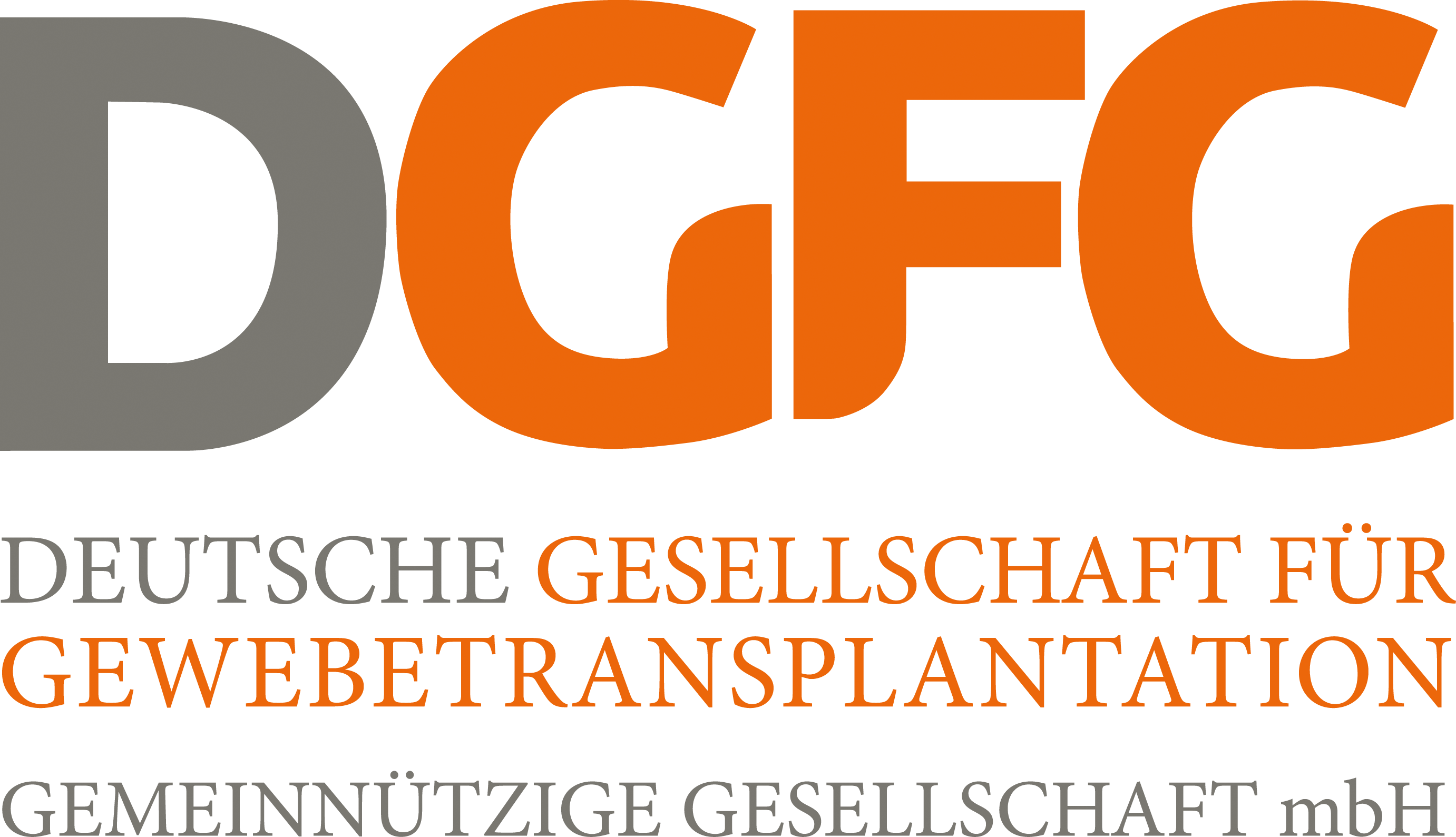Requirements for a tissue donation
The optimal benefit for the recipient and absolute protection against infectious diseases require a rigorous risk assessment. The medical indication test helps to avoid absolute contraindications.
Contraindications are reasons for exclusion from tissue donation or are considered risk factors. Contraindications are tissue-specific. In addition, there are absolute contraindications. The following overview summarizes the most common absolute contraindications. The compilation does not claim to be complete.
Overview of medical reasons for exclusion
- Viral infections: HIV, HBV, HCV, HTLV I/II, measles, rubella, VZV, meningitis/encephalitis
- Active systemic infections (bacterial: e.g. typhoid fever, borreliosis, lues, TBC; parasitic: e.g. malaria, toxoplasmosis)
- Sepsis with multi-resistant bacterial pathogens (MRSA, VISA, VRSA, ESBL) or fungal sepsis
- Ever tumors of the hematopoietic system (myelodysplastic syndrome, leukemia, malignant lymphomas, plasmocytoma, polycythaemia vera)
- malignant melanoma in the medical history
- Receiver of cornea, sclera, dura mater
- Central nervous disease of unknown origin (e.g. Alzheimer’s disease, Parkinson’s disease, ALS, MS)
- Risk of disease transmission by prions (persons with CJD or in the genetic family; with rapidly progressing dementia; recipients of human pituitary hormones)
- Long-term immunosuppressive drugs
- Unclear cause of death (except for planned autopsy)
- Persons with unexplained infections from Zika virus areas
+49 (0)511 563559 54
Call our 24-hour number 0800 511 5000 (for calls from within Germany, toll-free) or +49 (0)511 563559 54 (for calls from international locations) if you have questions concerning possible contraindications for tissue donation. Our medical service will check with you whether tissue donation is possible. It may be necessary to consult other attending physicians in order to obtain information.
Medical screening
The donor suitability is assessed by a DGFG physician. Among others, the following information is collected
- the donor’s current and historical medical record
- consultation with the attending physicians or the deceased’s family physician
- interviewing a person who knew the donor well
- the autopsy report
Infection diagnostic
Only donors with blood samples available for a valid diagnostic will be considered. Please save a current blood sample (at least serum and EDTA) from the laboratory’s reserves for the mandatory virological examinations. If no reserve sample is available, a blood sample can be taken within 24 hours of death. In the case of organ donations, the blood sample is taken at the latest before the start of perfusion. The blood or plasma dilution must not exceed 50 percent.




